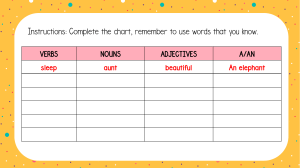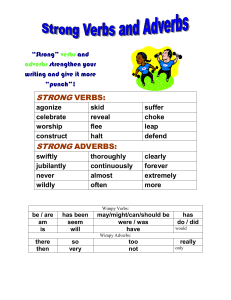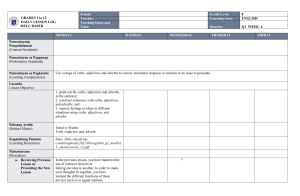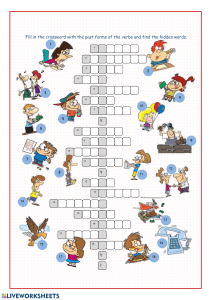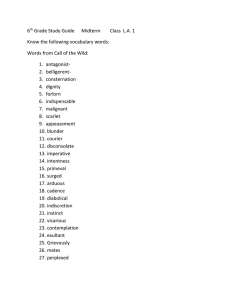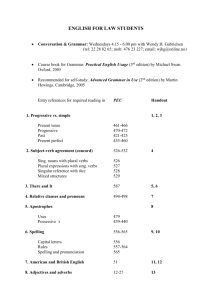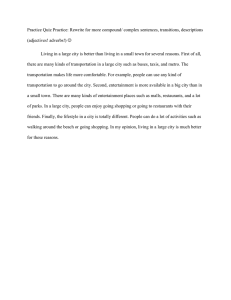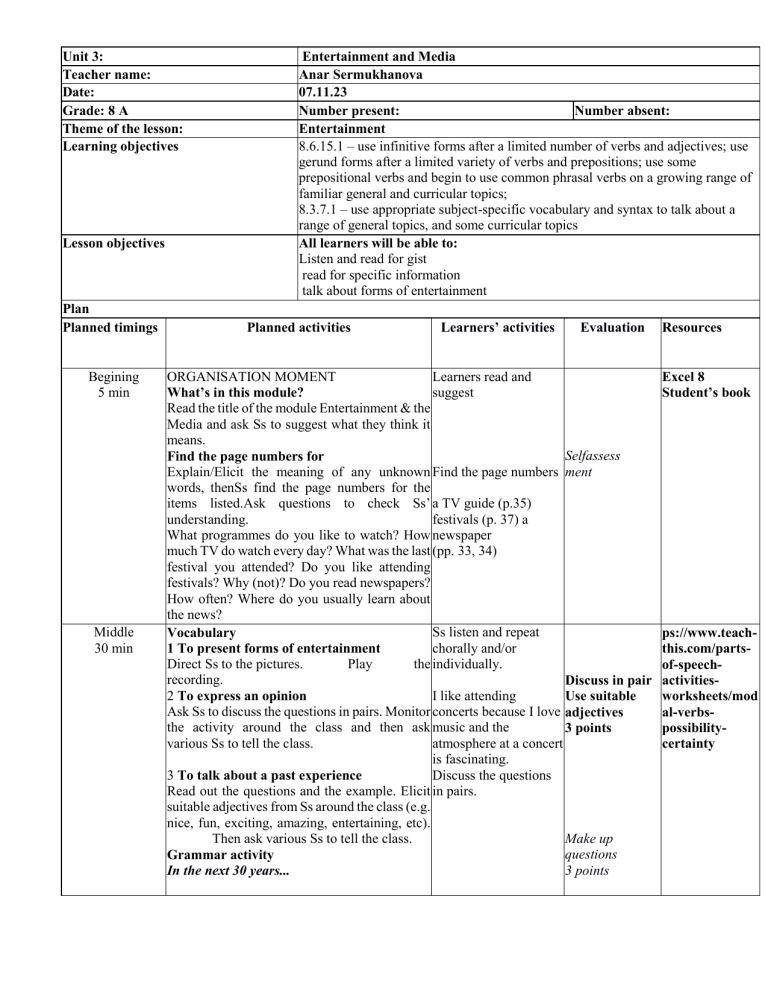
Unit 3: Teacher name: Date: Grade: 8 A Theme of the lesson: Learning objectives Lesson objectives Plan Planned timings Begining 5 min Middle 30 min Entertainment and Media Anar Sermukhanova 07.11.23 Number present: Number absent: Entertainment 8.6.15.1 – use infinitive forms after a limited number of verbs and adjectives; use gerund forms after a limited variety of verbs and prepositions; use some prepositional verbs and begin to use common phrasal verbs on a growing range of familiar general and curricular topics; 8.3.7.1 – use appropriate subject-specific vocabulary and syntax to talk about a range of general topics, and some curricular topics All learners will be able to: Listen and read for gist read for specific information talk about forms of entertainment Planned activities Learners’ activities Evaluation ORGANISATION MOMENT Learners read and suggest What’s in this module? Read the title of the module Entertainment & the Media and ask Ss to suggest what they think it means. Selfassess Find the page numbers for Explain/Elicit the meaning of any unknown Find the page numbers ment words, thenSs find the page numbers for the items listed.Ask questions to check Ss’ a TV guide (p.35) understanding. festivals (p. 37) a What programmes do you like to watch? How newspaper much TV do watch every day? What was the last (pp. 33, 34) festival you attended? Do you like attending festivals? Why (not)? Do you read newspapers? How often? Where do you usually learn about the news? Ss listen and repeat Vocabulary chorally and/or 1 To present forms of entertainment Direct Ss to the pictures. Play the individually. recording. Discuss in pair 2 To express an opinion I like attending Use suitable Ask Ss to discuss the questions in pairs. Monitor concerts because I love adjectives the activity around the class and then ask music and the 3 points various Ss to tell the class. atmosphere at a concert is fascinating. 3 To talk about a past experience Discuss the questions Read out the questions and the example. Elicit in pairs. suitable adjectives from Ss around the class (e.g. nice, fun, exciting, amazing, entertaining, etc). Then ask various Ss to tell the class. Make up questions Grammar activity 3 points In the next 30 years... Resources Excel 8 Student’s book ps://www.teachthis.com/partsof-speechactivitiesworksheets/mod al-verbspossibilitycertainty Divide the class into two groups: Group A – Working in their more confident students; Group B – less groups: confident students. more confident Give each student a corresponding worksheet. students write their own Tell the students that they are going to prepare questions based on the questions on what possible changes may take topic place in the next 30 years in Kazakh and less confident students American cinematography. create questions using prompts on their (Draw the students' attention to the adverbs of worksheets probability at the bottom of the worksheet. Explain that when they respond to a question, they must use one of the adverbs of probability Ask question in their answer and give a reason for their Answer the opinion.) question 4 points Students then take it in turns to ask and answer the questions and complete the chart with their classmates' answers. When the students have finished, they return to their original groups to collate their answers for Each student then uses the whole class. the language on the board to summarize Write the following adverbs of probability and their group's results, modal verbs of possibility on the board: e.g. Two students think that robots might make will definitely / will probably / might/may / films instead of people probably won't / definitely won't in the next 30 years, but Selfassessment Afterwards, students take it in turns to present two students think that their group's results to the class and feedback is they probably won't'. given. End 5 min Reflection: Let’s stand in a circle, give a ball to throw it to each other and share your opinions about today’s lesson. Home task: to write a blog entry Saying goodbye Learners stand in a circle, they are given a ball to throw it to each other and share their opinions about today’s lesson.
